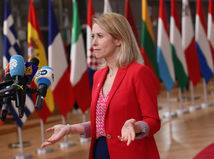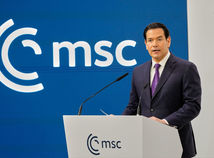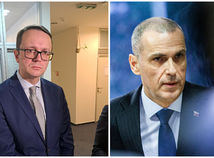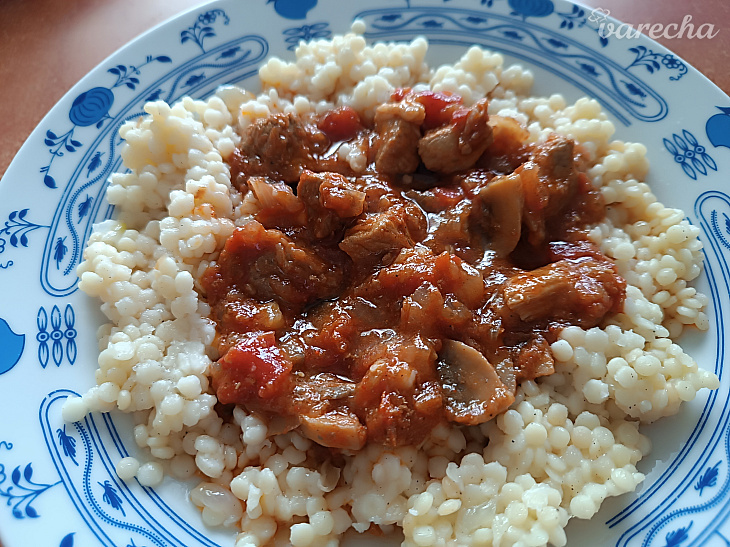I’ve struggled immensely in all my attempts to read and comprehend Nietzsche’s “Beyond Good and Evil”. These blog posts are my attempt to better understand this material. I encourage any corrections or criticisms in the comments.

Chapter One: On the Prejudices of Philosophers
21. The CAUSA SUI is the best self-contradiction that has yet been conceived, it is a sort of logical violation and unnaturalness; but the extravagant pride of man has managed to entangle itself profoundly and frightfully with this very folly.
The “causa sui”, the notion that something can be its own cause, is a self-contradiction. It violates our notions of logical consistency to say that a thing can become its own cause, yet man, with all his pride, has somehow managed to allow this notion to propagate.
The desire for “freedom of will” in the superlative, metaphysical sense, such as still holds sway, unfortunately, in the minds of the half-educated, the desire to bear the entire and ultimate responsibility for one’s actions oneself, and to absolve God, the world, ancestors, chance, and society therefrom, involves nothing less than to be precisely this CAUSA SUI, and, with more than Munchausen daring, to pull oneself up into existence by the hair, out of the slough of nothingness. If any one should find out in this manner the crass stupidity of the celebrated conception of “free will” and put it out of his head altogether, I beg of him to carry his “enlightenment” a step further, and also put out of his head the contrary of this monstrous conception of “free will”: I mean “non-free will,” which is tantamount to a misuse of cause and effect.
The metaphysical desire for “freedom of will”, which equates to man’s desire to pull himself up by his bootstraps and to take ultimate responsibility for his individual actions, to absolve the influence that God, nature, his ancestors, and society have all imposed upon him, requires man to become this self-contradictory “causa sui”. Nietzsche begs of the reader to put the notions of “free will” and “non-free will” out of his head, explaining that the idea that there is a “non-free will” is the result of a misuse of cause and effect.
One should not wrongly MATERIALISE “cause” and “effect,” as the natural philosophers do (and whoever like them naturalize in thinking at present), according to the prevailing mechanical doltishness which makes the cause press and push until it “effects” its end; one should use “cause” and “effect” only as pure CONCEPTIONS, that is to say, as conventional fictions for the purpose of designation and mutual understanding, — NOT for explanation.
Nietzsche cautions using “cause” and “effect” as material explanations. “Cause” and “effect” are useful fictions that enable us to intercommunicate and share ideas, but they must remain as pure conceptions.
In “being-in-itself” there is nothing of “casual-connection,” of “necessity,” or of “psychological non-freedom”; there the effect does NOT follow the cause, there “law” does not obtain. It is WE alone who have devised cause, sequence, reciprocity, relativity, constraint, number, law, freedom, motive, and purpose; and when we interpret and intermix this symbol-world, as “being-in-itself,” with things, we act once more as we have always acted — MYTHOLOGICALLY.
It is individuals who create for themselves causes, sequences of causes, relativity, compulsion, constraint, number, law, freedom, motive, and purpose. When we interpret this self-created world of symbols as “being-in-itself”, we act as we have always acted — mythologically.
The “non-free will” is mythology; in real life it is only a question of STRONG and WEAK wills. — It is almost always a symptom of what is lacking in himself, when a thinker, in every “causal-connection” and “psychological necessity,” manifests something of compulsion, indigence, obsequiousness, oppression, and non-freedom; it is suspicious to have such feelings — the person betrays himself.
The “non-free will” is mythology. Reality is more accurately depicted as a question of strong and weak wills. When a thinker, when trying to determine “causal-connection” and “psychological necessity”, manifests compulsion, purpose, necessity, and obsequiousness, this seems to indicate a lacking in himself. The person betrays himself and allows his thoughts to be subdued. Their will is not “non-free”, but simply weak.
And in general, if I have observed correctly, the “non-freedom of the will” is regarded as a problem from two entirely opposite standpoints, but always in a profoundly PERSONAL manner: some will not give up their “responsibility,” their belief in THEMSELVES, the personal right to THEIR merits, at any price (the vain races belong to this class); others on the contrary, do not wish to be answerable for anything, or blamed for anything, and owing to an inward self-contempt, seek to GET OUT OF THE BUSINESS, no matter how.
Nietzsche observes a dichotomous relationship that is divided along the axis of “non-freedom of the will”. There are those that refuse to give up their notions of personal responsibility, their right to their own merits. And there are those who do not wish to be answerable for anything that they’ve done. Nietzsche accuses the latter of possessing a sort of inward self-contempt that forces them to seek to get out of the business of responsibility and ownership altogether.
The latter, when they write books, are in the habit at present of taking the side of criminals; a sort of socialistic sympathy is their favourite disguise. And as a matter of fact, the fatalism of the weak-willed embellishes itself surprisingly when it can pose as “la religion de la souffrance humaine”; that is ITS “good taste.”
Nietzsche goes on to describe the latter group, the weak-willed, as the types of people who habitually take the sides of criminals and do so by taking on a cloak of socialistic sympathy. Their belief in the predetermined and inevitable shines most brightly when it finds ways to present itself as “the religion of human suffering”.




















Celá debata | RSS tejto debaty